Pro-Israel, pro-Greece lobby in US targets Türkiye over rumored S-400 Syria move
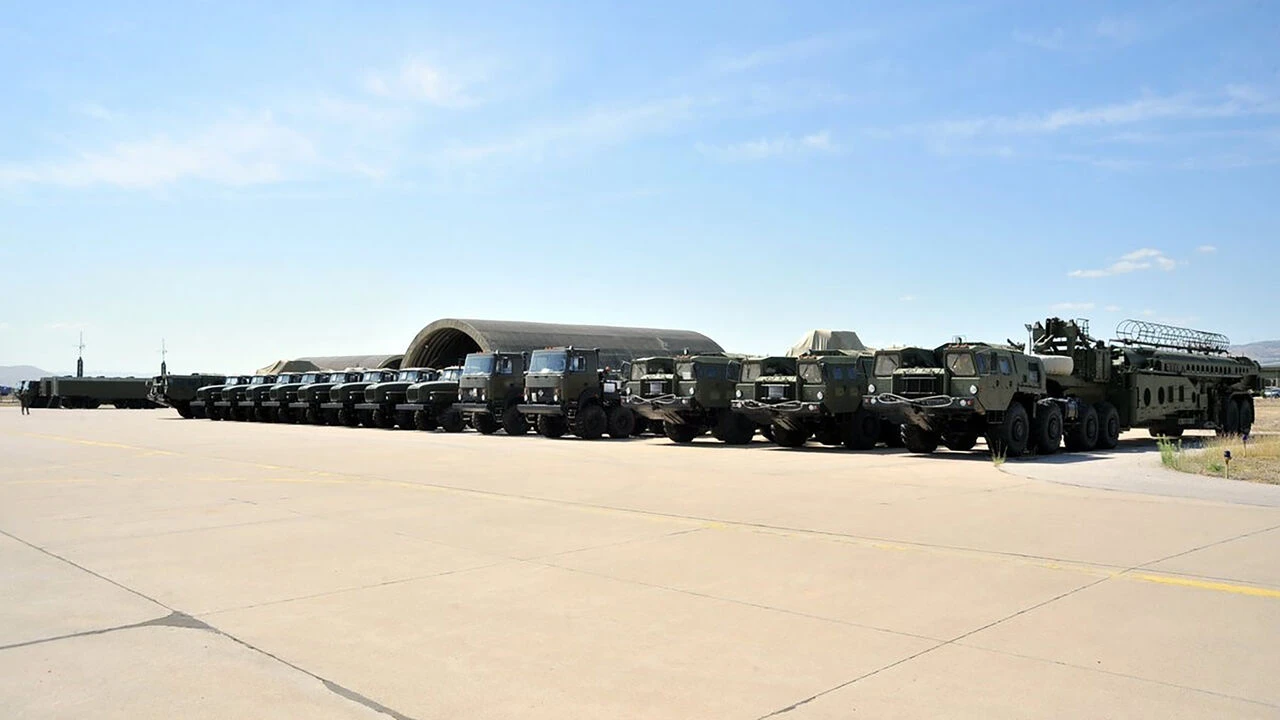 The final parts of the second battery of Russian S-400 missile defense system arrive at Murted Airbase in Ankara, Türkiye on September 15, 2019. (Photo by Turkish National Defense Ministry / Handout /Anadolu Agency)
The final parts of the second battery of Russian S-400 missile defense system arrive at Murted Airbase in Ankara, Türkiye on September 15, 2019. (Photo by Turkish National Defense Ministry / Handout /Anadolu Agency)
A bipartisan group of U.S. lawmakers has reportedly urged the State Department to oppose Türkiye’s alleged plans to transfer Russian-made S-400 missile defense systems to Syria, citing risks of regional air defense balance, Israel’s operational security, and the credibility of U.S. sanctions enforcement.
Türkiye is under Countering America’s Adversaries Through Sanctions Act (CAATSA) sanctions since 2020.
The letter, reportedly authored by Representatives Gus Bilirakis and Brad Schneider, was sent to the Bureau of Political-Military Affairs at the U.S. Department of State, expressing “serious concerns” over recent reports of that American officials may be considering the Turkish proposal to reolocate the S-400 systems.
According to recent reports, the delivery of F-35 jets would require Türkiye to render the S-400s inoperable, either through partial dismantling or relocation to a U.S.-Türkiye base, such as Incirlik Air Base in Adana.
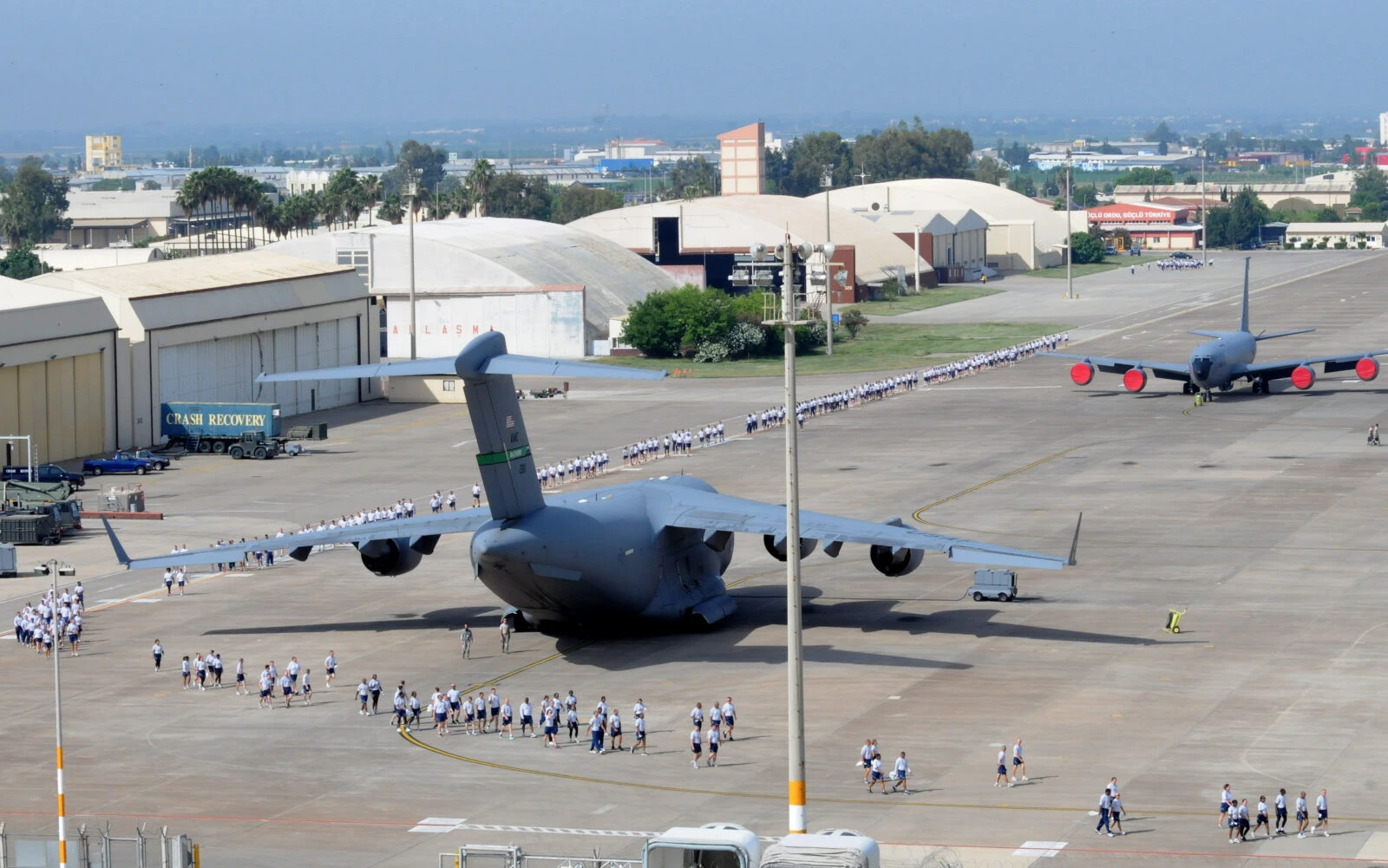
US concerns over regional security and Israel’s operational advantage
In the letter, the lawmakers wrote: “We are writing to express our serious concern regarding recent reports suggesting that U.S. officials are considering a Turkish proposal to transfer Russian-manufactured S-400 missile systems to Syria. The fact that this scenario is reportedly under high-level diplomatic discussion demands immediate evaluation by the U.S. Department of State.”
The letter highlights that such a transfer “would fundamentally alter the region’s air defense landscape.”
“If deployed in western Syria, the S-400s could severely restrict Israel’s operations, undermining Tel Aviv’s operational flexibility and eroding the technical basis of its qualitative military edge—something the U.S. has long pledged to maintain,” U.S. lawmakers reportedly stated.
The Turkish Defense Ministry is yet to confirm any such transfer of Russian S-400 to Syria but there are reports, mostly rumors, that Türkiye seeks to expand its military presence in the region. Reportedly, the Turkish government has also signed a defense agreement with the new Syrian government.
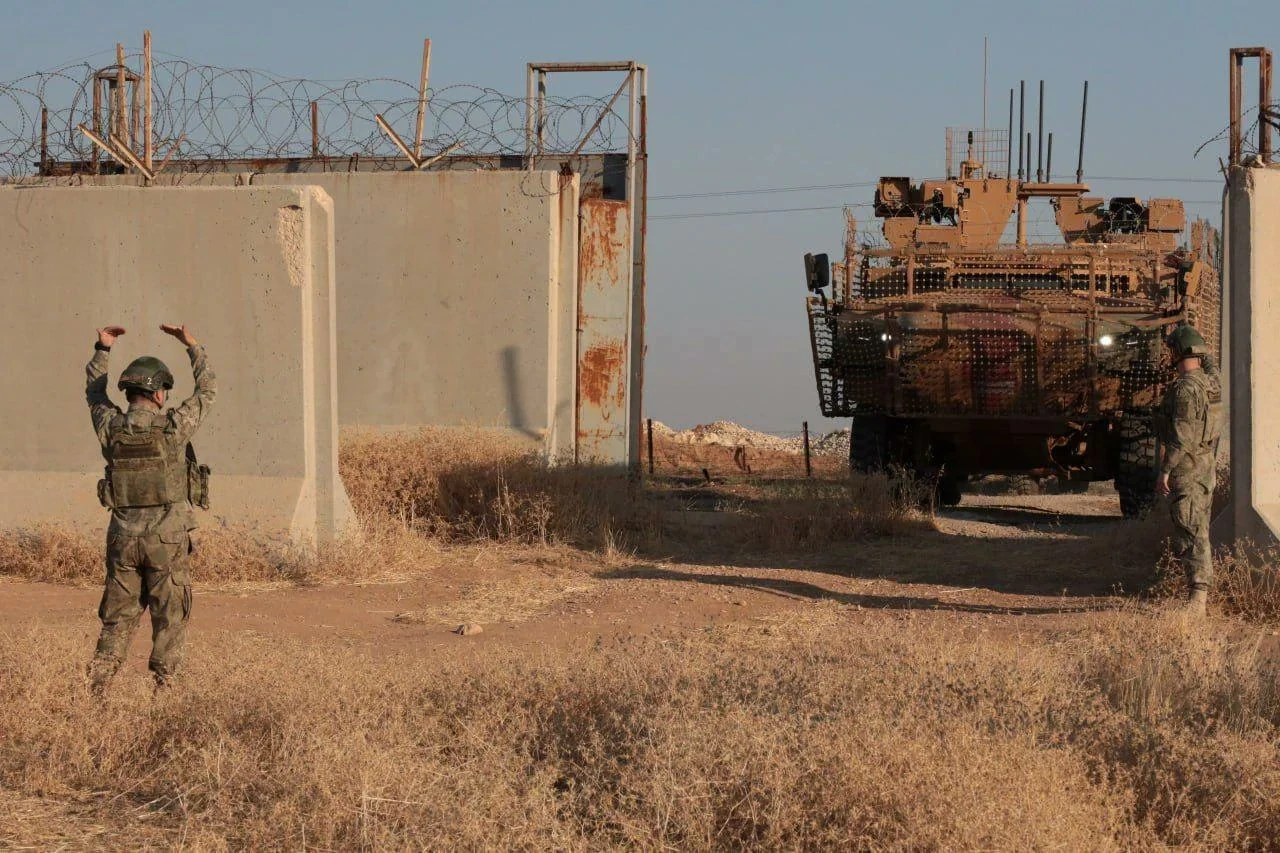
‘Risks from unclear operational control’
The U.S. lawmakers reportedly warned that the question of “who would operate the system?”, stating, “If Turkish forces retain operational control, there is a real risk of conflict with Israeli forces. Alternatively, if handed over to Syrian authorities, the system would introduce a new layer of strategic instability in an already volatile environment, complicating U.S.-Israel operational coordination and increasing the risk of miscalculation.”
However, despite the U.S. lawmakers’ comments, Ankara is actively in talks with Israeli officials to prevent any military confrontation with Tel Aviv in Syria.
Recently, the Turkish Defense Ministry sources explained that a technical meeting between Türkiye and Israel was held in Azerbaijan to explore the establishment of a deconfliction mechanism.
“The first technical meeting on the establishment of a deconfliction mechanism was held in Azerbaijan,” the ministry sources said.
“This is not a normalization process, but rather a structure of communication and coordination aimed at ensuring safe and controlled military activities in Syria and preventing direct clashes between the two countries. It is being developed to reduce tensions, prevent misunderstandings, preserve stability in the region, and eliminate the risk of conflict through mutual briefings on field operations,” the ministry stated.
Meanwhile, despite what some describe as the “same old, same old” rhetoric from Athens, the former Israeli Ambassador to Egypt and Türkiye Amira Oron is urging a diplomatic approach, according to Israeli media outlet Yedioth Ahronoth, stating, “Turning Türkiye into an enemy like Iran would be a grave mistake.”
“Türkiye plays a significant role in maintaining Syria’s stability,” she added.
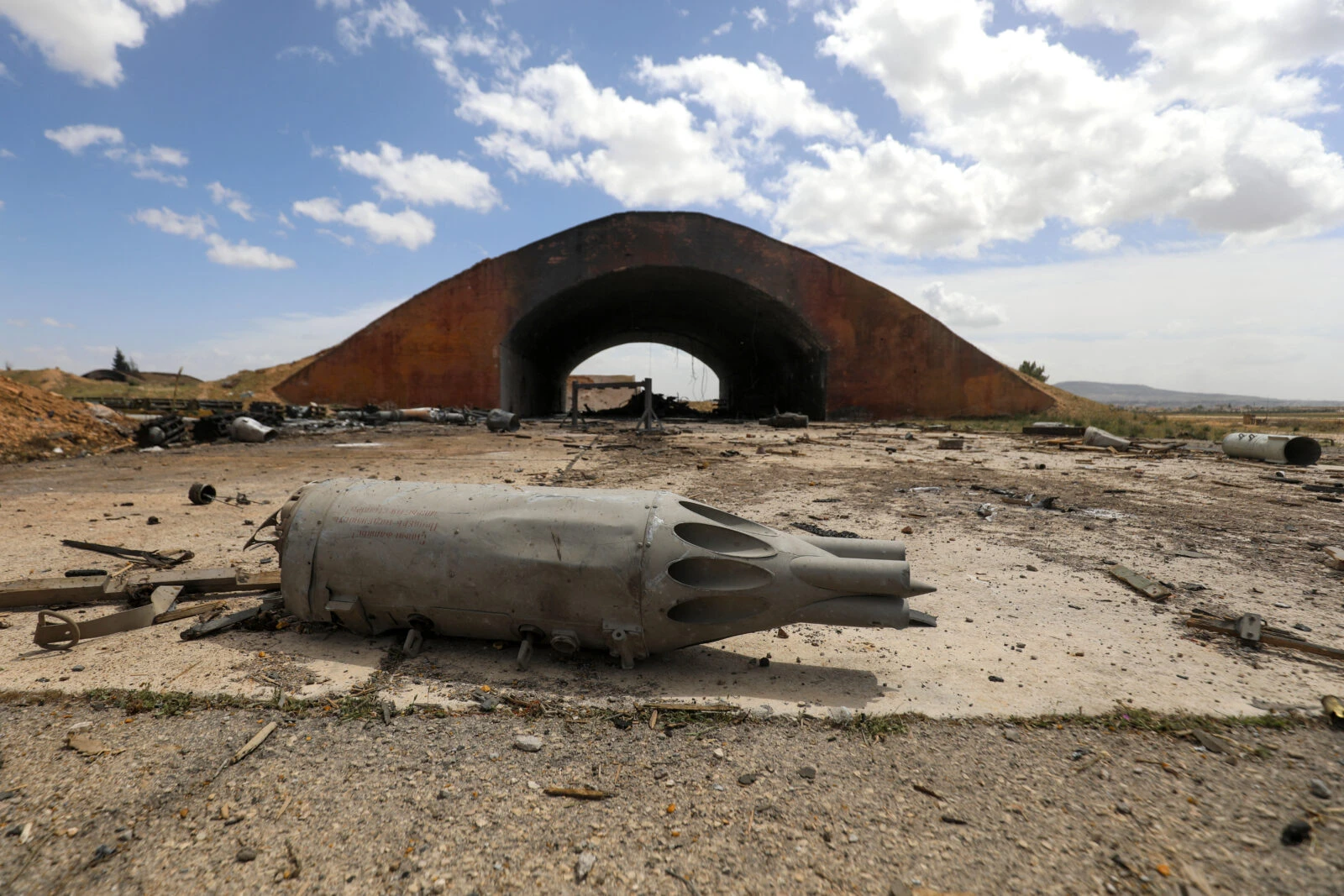
Call for confidential briefing and thorough review
Though the State Department’s Political-Military Affairs bureau does not directly handle sanctions policy, the U.S. lawmakers stressed its critical role in assessing shifting military realities. “We urge a comprehensive assessment of how S-400 deployment in Syria—under any operator—would impact Israel’s qualitative military edge, U.S. force presence, and broader deterrence architecture,” the letter continues.
This follows earlier efforts by Bilirakis and Schneider, who introduced the “Turkey Diplomatic Realignment Act” in early March, calling for the transfer of Türkiye’s oversight within the State Department from the Bureau of European and Eurasian Affairs to the Bureau of Near Eastern Affairs, aligning it with countries like Iran, Syria and Libya.
It’s well known that Bilirakis and Schneider are pro-Israel and pro-Greece, and would try to undermine any potential “normalization” with Ankara.
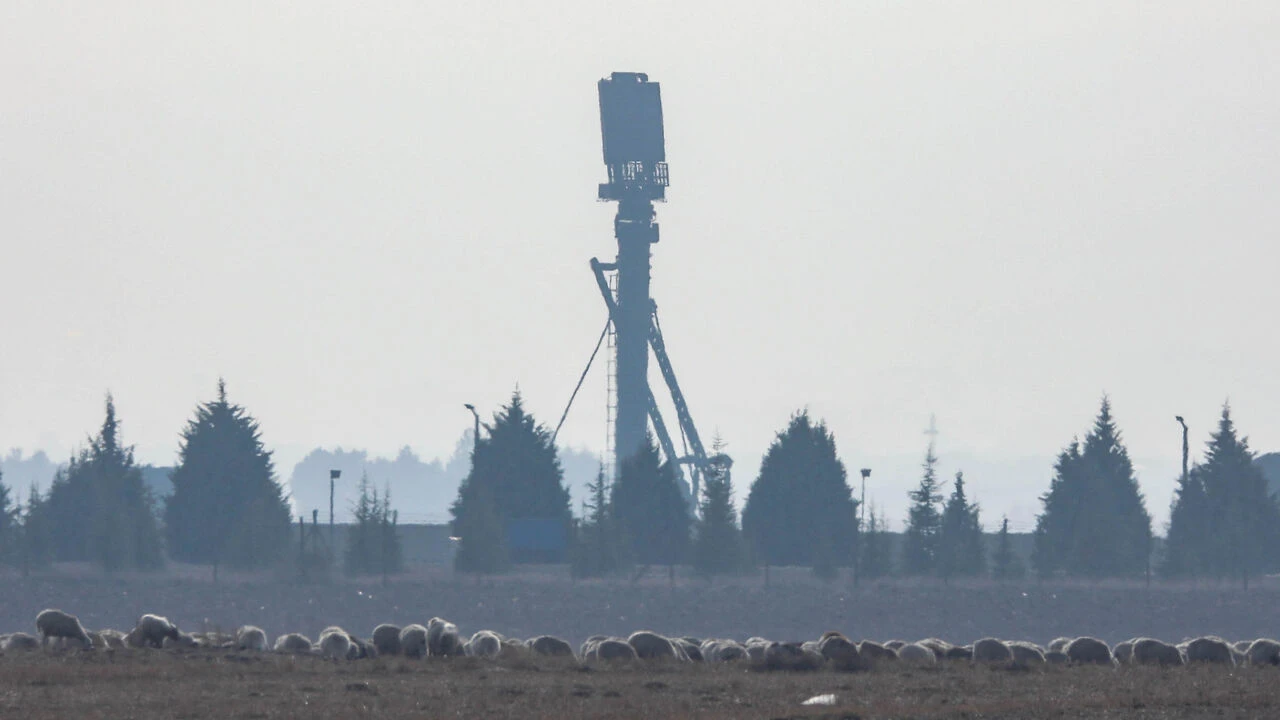
State Department response to alleged S-400 transfer to Syria
Speaking to Türkiye Today, a U.S. official commented on background, saying, “We are not going to comment on the specifics of our discussions with Türkiye on this issue. We also do not comment on Congressional correspondence.”
“Türkiye is an important ally, and we continue to engage on potential opportunities to strengthen our relationship across a range of sectors,” the official added.



